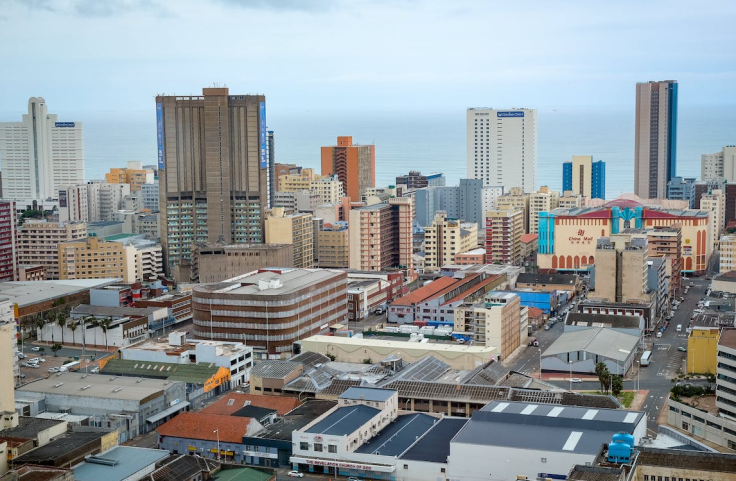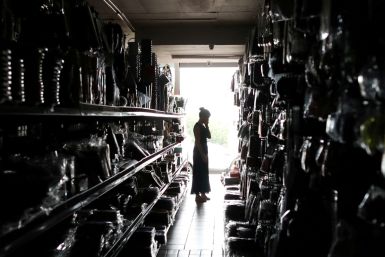DWS To Prioritize Completing Bucket Eradication Projects In Northern Cape, Free State

The Department of Water and Sanitation (DWS) announced its plan to prioritize finishing the remaining delayed Bucket Eradication Program projects in the Northern Cape and Free State.
The Bucket Eradication Program is established to eradicate bucket toilets in certain areas and seeks to replace them with a new toilet structure, install both water and drainage network. It is
worth noting that the bucket toilets in formal areas keep increasing due to informal settlements'
formalization.
During a media briefing on Monday, Water and Sanitation Minister Pemmy Majodina said that out of 33 projects in the Free State, 26 have been completed, eliminating about 32,000 buckets, SA News reported.
"Approximately 10,000 buckets remain to be eradicated in the seven incomplete projects. Of 30 projects which formed part of the program in the Northern Cape, 29 are completed (eradicating approximately 12 000 buckets), and 596 buckets remain to be eradicated in the one incomplete project," Majodina said.
However, the Minister admitted that the program won't eliminate the "undignified" and "repugnant" bucket system across South Africa. The program only targets buckets in specific towns and provinces identified in 2012.
Other municipalities have introduced bucket systems in both formal and informal settlements in different areas since 2012, the minister said. She added that eradicating the bucket system is a "moving target."
To tackle this, the Cabinet has approved a National Sanitation Framework, helping the department create new national standards for sanitation, which will ban the use of the bucket system in both formal and informal settlements.
The department - in collaboration with the Water Research Commission - is working on developing new sanitation systems that are safe, dignified, and don't require sewer connections.
These systems will use much less water than traditional sewer systems, which is important in a water-scarce country like South Africa. Municipalities will need to implement these new systems.
The department will soon present the Water Services Amendment Bill to the Cabinet for approval before it is submitted to Parliament. Majodina mentioned that even though the department supports municipalities heavily, their water and sanitation services are still getting worse.
She explained that the Amendment Bill will introduce an operating license system for Water Services Providers, helping Water Services Authorities to ensure that their providers meet the minimum standards for delivering water and sanitation services.
The minister highlighted that this bill is aligned with President Cyril Ramaphosa's call to strengthen collaboration and social compacts with the private sector, labor, civil society and government.
© Copyright 2025 IBTimes ZA. All rights reserved.


















